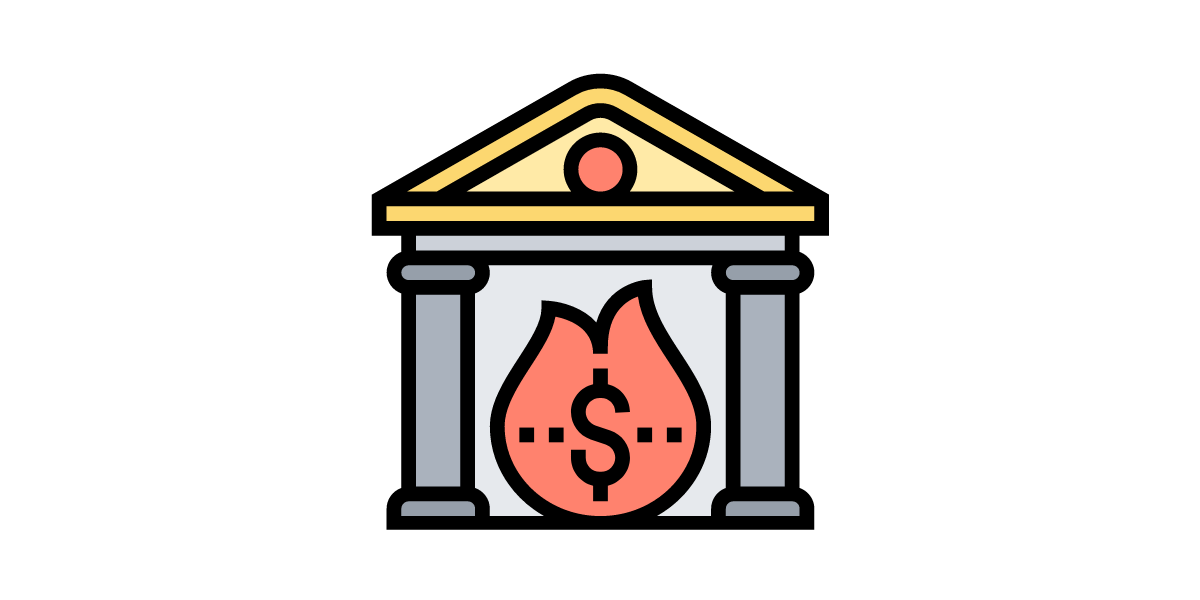
Insolvency practitioners are licensed professionals who can act on behalf of an individual, company, or partnership that has become insolvent. Insolvency practitioners can be accountants or specialists in accounting firms.
After passing the required examinations, the insolvency practitioner must have obtained the licensing necessary in this field. He should have relevant experience and be able to work with a regulator that is satisfied that he can act in this capacity.
It is crucial that IPs adhere to the law. The work must be closely monitored by regulators to ensure compliance with the law. To ensure that all license holders are competent to perform the work, a regulator should always be available.
What is the job like?
The IPs are appointed to resolve difficult situations. Sometimes, it’s all about saving businesses. Insolvency practitioners try their best to rescue enterprises when this is not possible.
You can sell assets of the partnership, company, or individual with debts
All money owed to the association, company, or individual
All claims of creditors to be settled
After costs have been paid, distribute the money
An IP’s job involves many interests. However, the most important thing is to protect the creditor’s rights. An IP will only accept claims from creditors if he is sure he will receive the funds.
In most cases, debtors receive advice before insolvency proceedings begin.
How to file a complaint about an IP
Make sure to contact the IP before you file complaints. It could be that there is a misinterpretation of the IP’s role. As dialogue can help to avoid many problems, it is a good idea to bring up the IP.
An IP licensed can offer advice and take on different tasks in insolvency proceedings, including liquidations, voluntary arrangements, and bankruptcy.
Bankruptcy
This is personal insolvency that’s carried out following the conclusion of court petitions. This happens when the debtor is unable to pay. After the sale, the most valuable assets are taken and the money distributed to creditors. The person who has been declared bankrupt can’t act as director of the company. Individual traders must trade in their names if they are bankrupt. When it comes to bankruptcy, the IP serves as a trustee.
Liquidation
This is where assets are taken by an IP who acts as the liquidator. After the assets are sold, money is used to pay creditors according to a specific order. The courts usually issue an order for liquidation. Directors can decide to liquidate themselves.
The IP may also act as a supervisor, administrator, or receiver.
